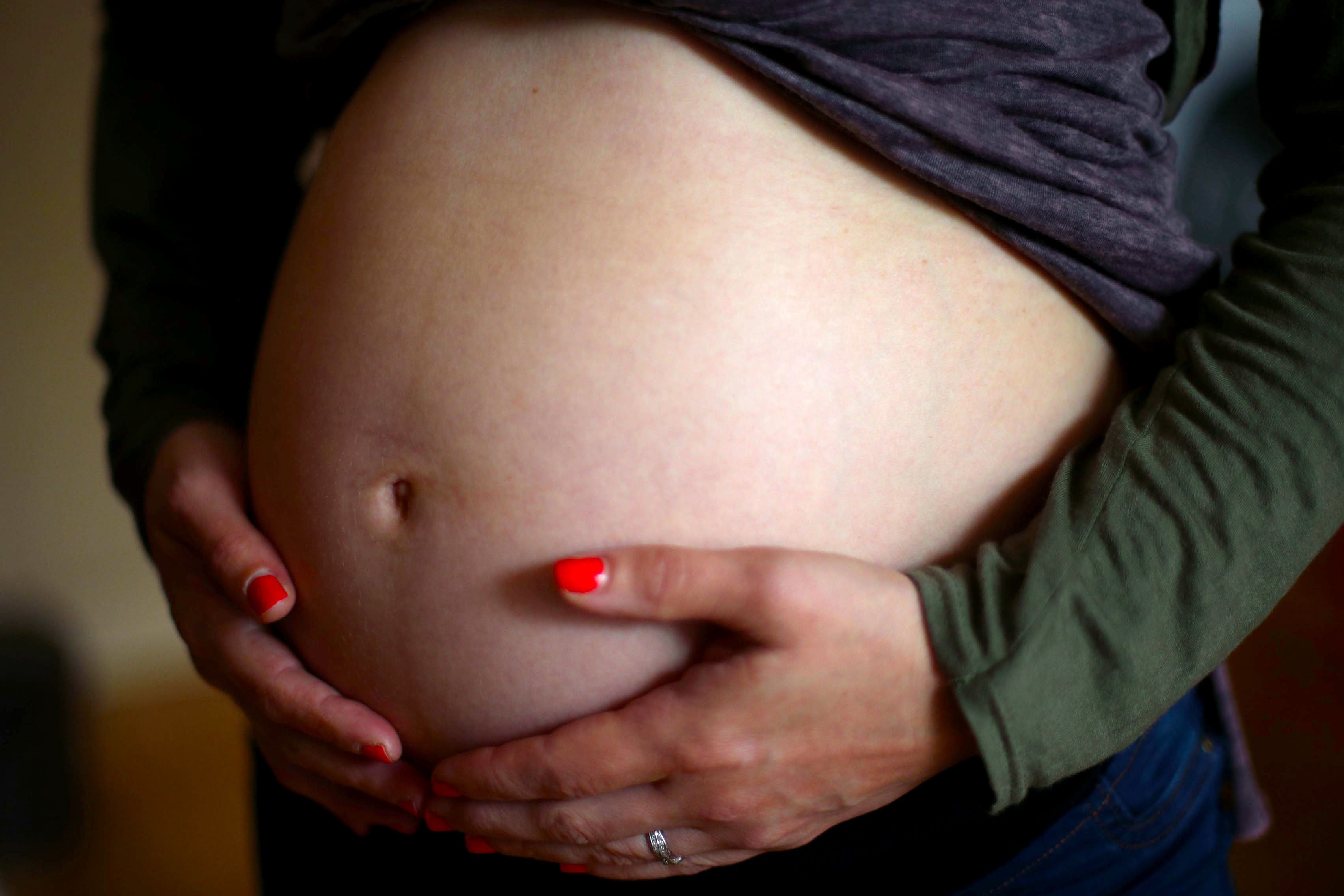Funding boost for research hubs that drive Government health policy
The 20 new policy research units will receive between £2m and £5m over a three- to five-year contract

Your support helps us to tell the story
From reproductive rights to climate change to Big Tech, The Independent is on the ground when the story is developing. Whether it's investigating the financials of Elon Musk's pro-Trump PAC or producing our latest documentary, 'The A Word', which shines a light on the American women fighting for reproductive rights, we know how important it is to parse out the facts from the messaging.
At such a critical moment in US history, we need reporters on the ground. Your donation allows us to keep sending journalists to speak to both sides of the story.
The Independent is trusted by Americans across the entire political spectrum. And unlike many other quality news outlets, we choose not to lock Americans out of our reporting and analysis with paywalls. We believe quality journalism should be available to everyone, paid for by those who can afford it.
Your support makes all the difference.Research to drive Government policy in the fields of addiction, dementia, reproductive health and end-of-life care will be carried out in the coming years in England following a funding boost of more than £100 million.
The National Institute for Health and Care Research (NIHR) has backed 20 new policy research units (PRUs), which will start work in January 2024.
PRUs are typically based at universities and bring together teams of researchers who help the Government make evidence-based decisions.
Several new topics will expand the ability of the units to help address the major healthcare challenges that we are facing, including improving reproductive health, tackling addiction, as well as dementia and neurodegeneration
Professor Lucy Chappell, chief scientific adviser for the Department of Health and Social Care (DHSC) and chief executive of NIHR, said PRUs are “designed to provide strong evaluation of policy”.
“This helps Government and related organisations to be able to act on the latest evidence when making decisions about health and social care that could impact us all,” she added.
The new hubs will be handed between £2 million and £5 million over the course of a three- to five-year contract.
The NIHR currently funds 15 PRUs, which will continue to operate. Two – examining obesity and older people and frailty – will be renamed healthy weight and healthy ageing.
Prof Chappell added: “Several new topics will expand the ability of the units to help address the major healthcare challenges that we are facing, including improving reproductive health, tackling addiction, as well as dementia and neurodegeneration.”
Women’s health strategy minister Maria Caulfield said: “As part of the Women’s Health Strategy, we promised more research would be done to improve understanding and treatments for women’s health issues – today we’re delivering a new unit looking specifically into reproductive health.”
Under the new PRUs, University College London (UCL) researchers will look into cancer awareness, screening and early diagnosis, as well as healthy weight, mental health and reproductive health.
The UCL Great Ormond Street Institute of Child Health will research children and families.
King’s College London’s PRU will explore addition, end-of-life care, and the health and social care workforce, while Queen Mary University of London will work alongside the University of Exeter on dementia.
Elsewhere, the University of Oxford PRU will examine maternal care, and Newcastle University will look at healthy ageing, and behavioural and social sciences.
Issues in social care, including quality, safety and commissioning, will be explored by PRUs at the University of Manchester, the London School of Economics, the University of York and the University of Kent.
London School of Hygiene and Tropical Medicine will examine policy innovation and evaluation, along with public health.